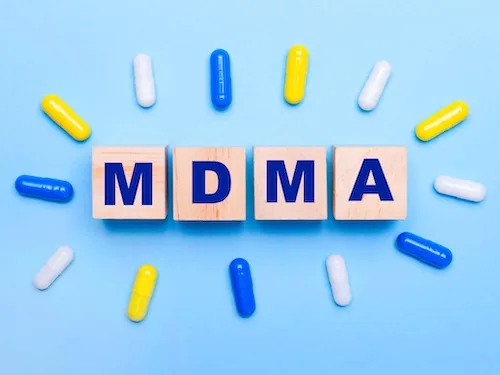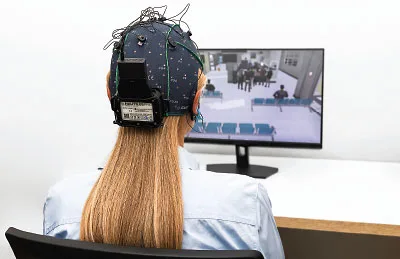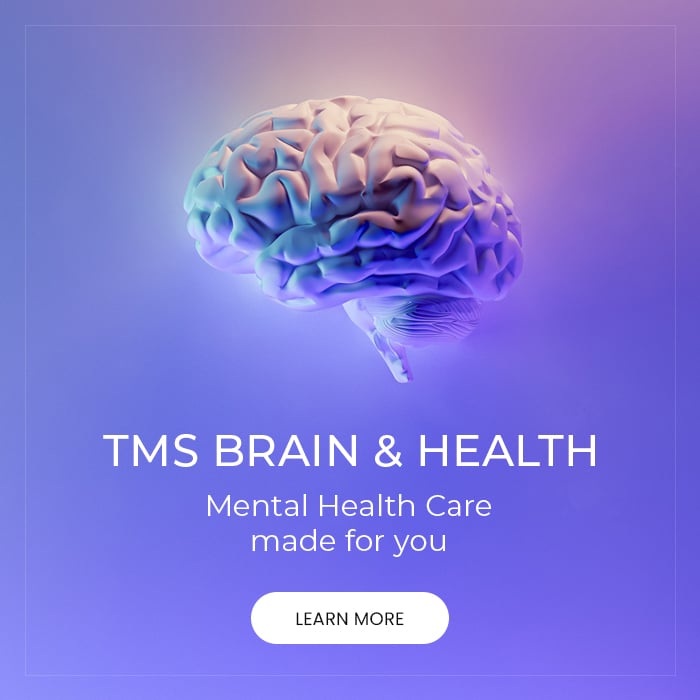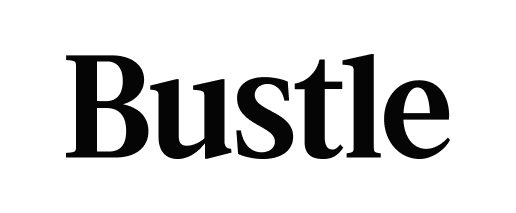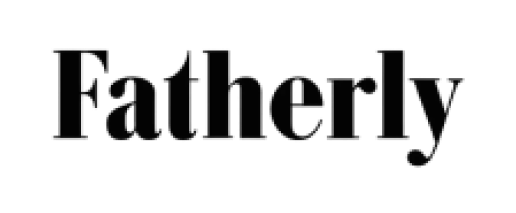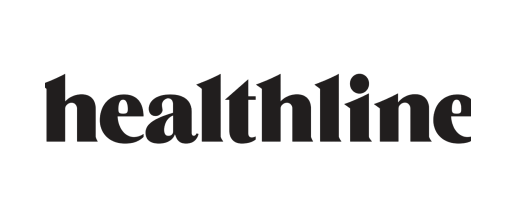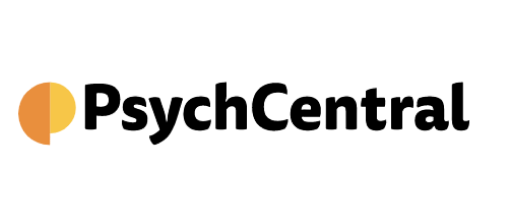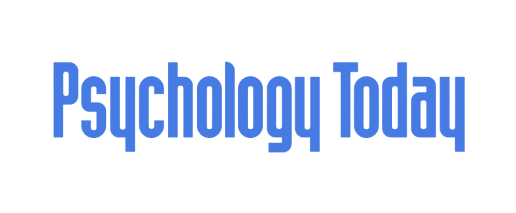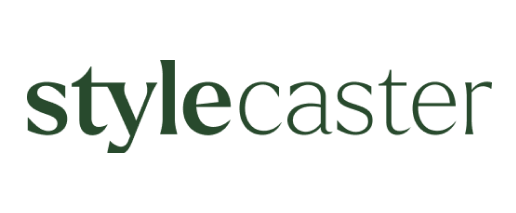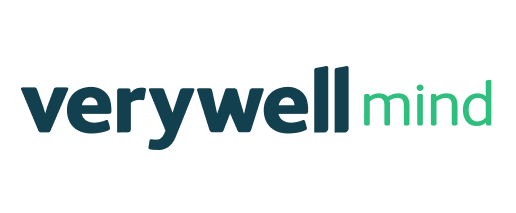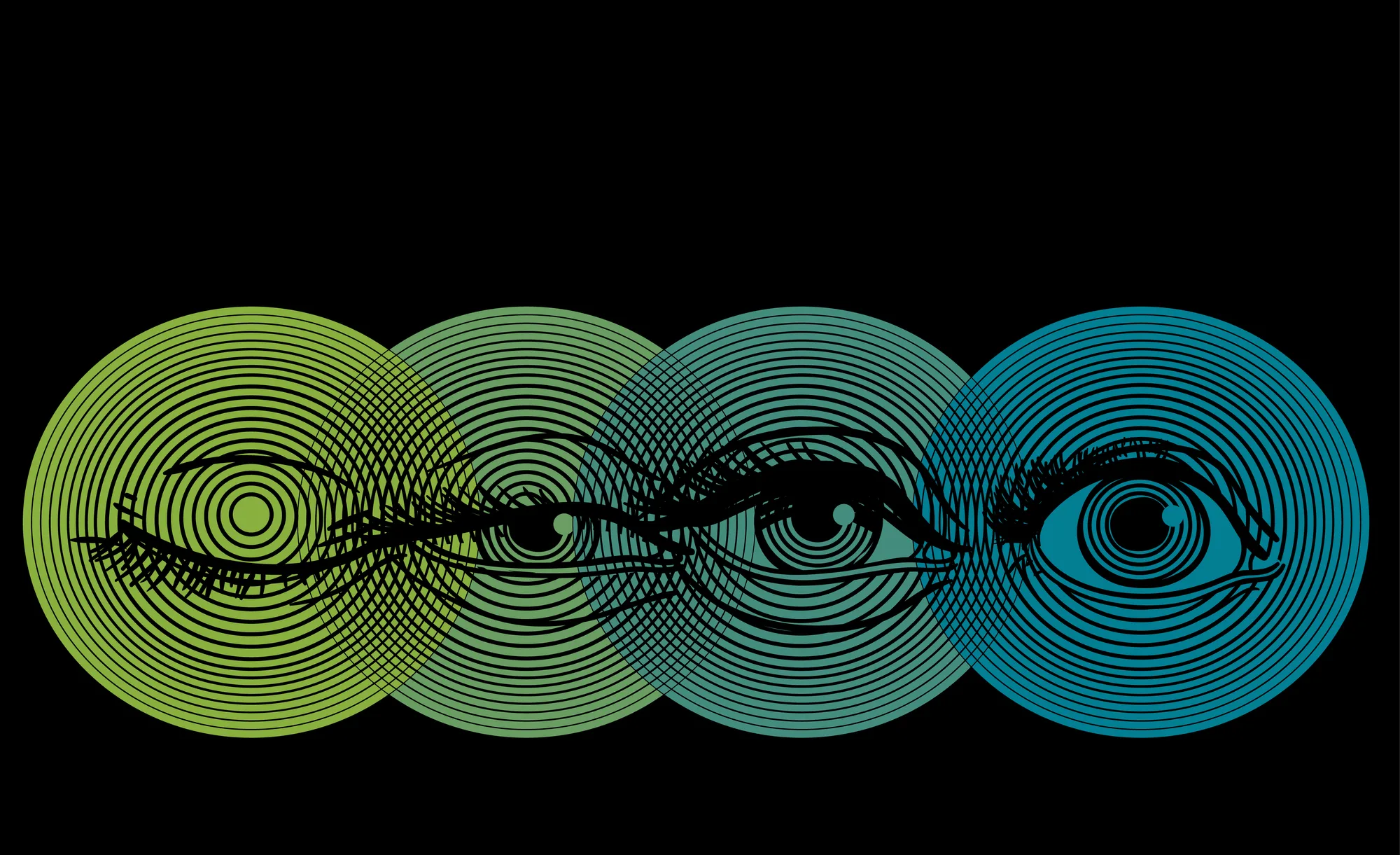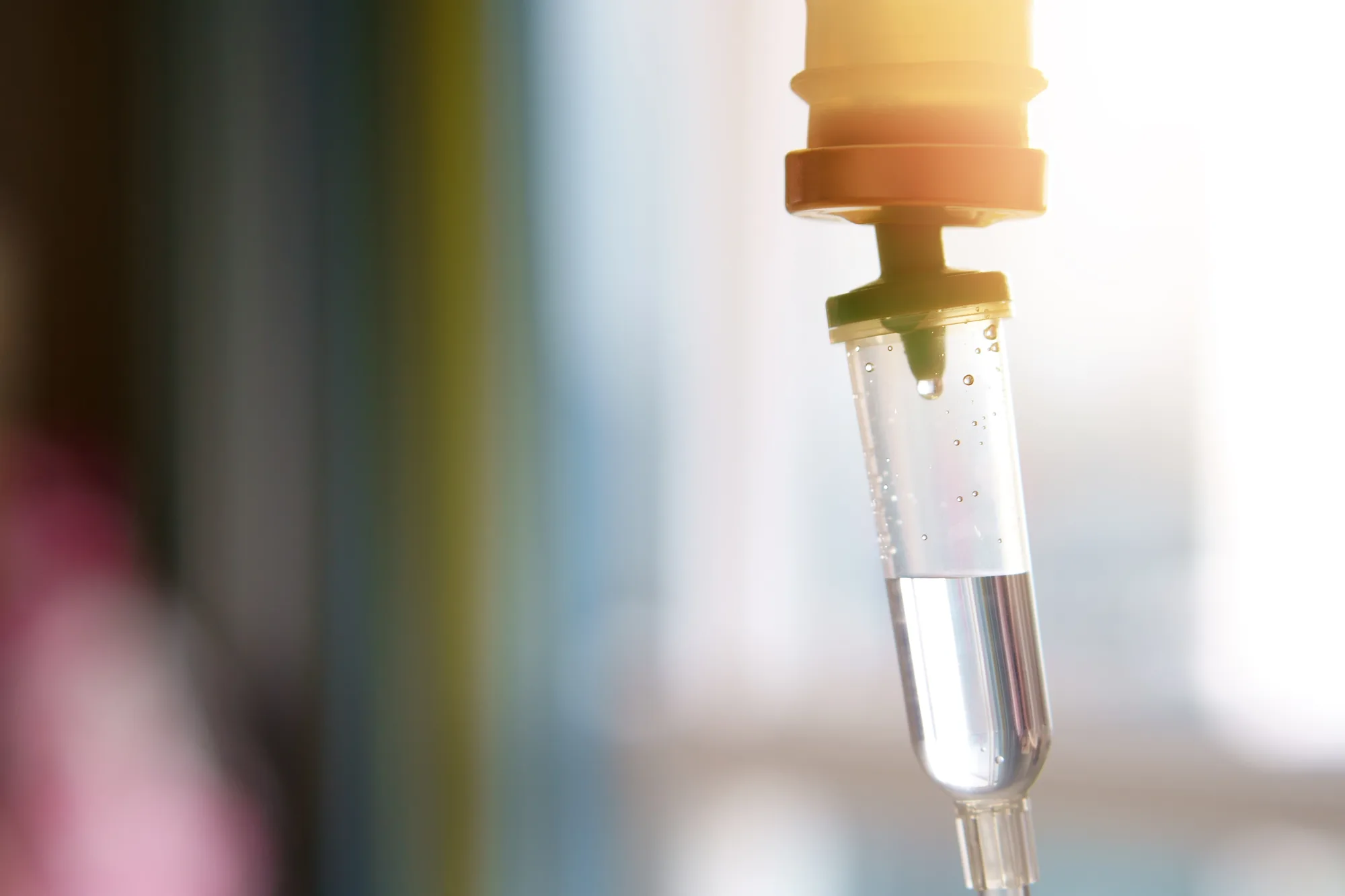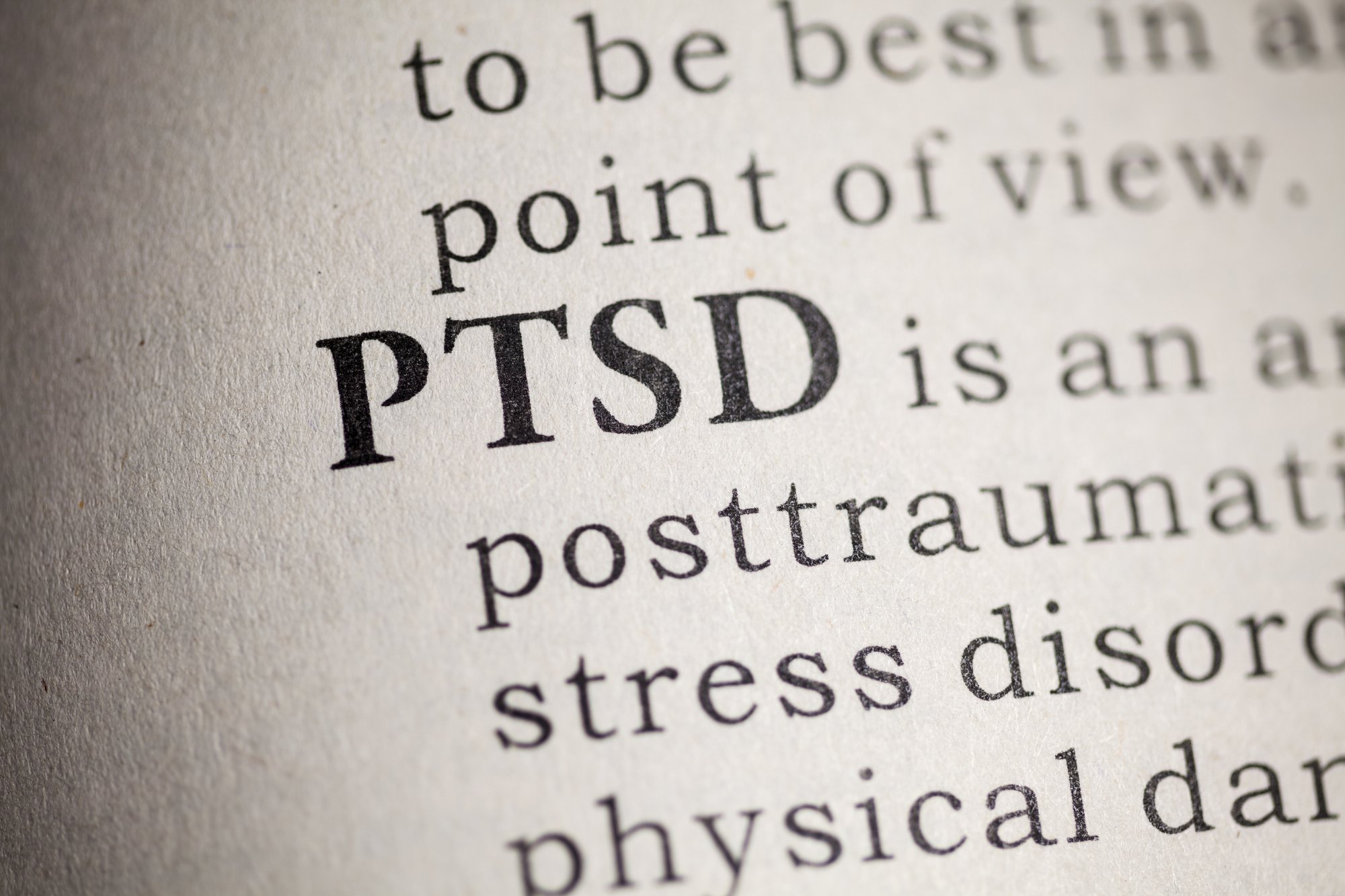The Sanford Accelerated Intelligent Neuromodulation Therapy (SAINT) protocol is a strictly defined method for conducting transcranial magnetic stimulation, or TMS, at an accelerated rate. TMS is an FDA-approved treatment for depression that is effective, safe, and tolerable. Studies and clinic observation show that over 50% of patients have a meaningful response to TMS and as many as one-third experience complete remission. As current antidepressant medication options are generally unreliable, promote dependency, and come with a variety of unpleasant side effects, additional treatment options for individuals with depression need to be explored further.
TMS treatment typically is administered over the course of 6 weeks with only 5 sessions per week to reach the full 30 sessions. With SAINT accelerated TMS, the entire TMS treatment course can be completed in 5 consecutive days. Evidence is showing that this method of accelerated TMS not only shortens the length of the treatment course, but provides more effective results for patients. The preliminary study conducted by Cole et. al in 2020 displays promising results for the SAINT protocol as a safe and effective method of administering TMS to treat depression — more specifically, treatment-resistant depression.
Participants and Methods
Researchers measured efficacy and assessed safety and tolerability of the accelerated high-dose iTBS protocol using fcMRI-guided targeting. The purpose of the study was to expand on previous studies using a more generalizable cohort. Participants were all required to be experiencing a non-psychotic major depressive episode, whether it be a part of bipolar II disorder or major depressive disorder as defined by the DSM-5. They also were required to have tried at least one antidepressant medication with no response. Six participants had a history of non-response to traditional rTMS treatment. Twenty-three participants were recruited in total, 13 female and 10 male, ages 19-78. Two participants were screened out or dropped out before completion of the study, so 21 total participants were included in the results.
Each participant received structural MRI and resting-state functional MRI scans before the TMS course. The fMRI scans were analyzed for generation of accurate and individualized left dorsolateral prefrontal cortex TMS targets. Depressive symptoms and suicidal ideation were measured using self-report and clinical assessments before and after SAINT. Depressive symptoms were measured at the end of each day’s 10 stimulation sessions using the 6-item HAM-D assessment. The MADRS scale was used at baseline and at follow-up points each week for 5 weeks. A neurophsychological test battery was also administered before and after to measure any neurocognitive side effects.
Researchers administered intermittent theta-burst stimulation, or iTBS, using a MagVenture MagPro X100 system. They delivered 60 cycles of 10 bursts of 3 pulses at 50 Hz in 2-second trains with an 8-second intertrain interval. Ten stimulation sessions were administered per day with 50-minute break intervals. Stimulation was administered for five consecutive days at 90% resting motor threshold.
Results
As for safety, there were no serious adverse events. The only side effects reported included fatigue and some discomfort in the facial muscles and at the stimulation site during stimulation. There were no negative cognitive side effects showed by the neuropsychological test battery.
As for efficacy, depression scores were significantly lower than baseline at all follow-up points, showing significant improvement by day and by week. The response rate was 90.48% and all participants who responded were in full remission after SAINT. Nineteen participants (86.4%) met remission criteria. At the one month follow-up point, 70% of participants still met response criteria. The six rTMS non-responsive participants took longer to respond but ultimately showed treatment effects similar to other participants.
The mean number of days of SAINT administered until participants met response criteria was 2.3, or after approximately 23 10-minute treatment sessions. The mean number of days to achieve remission was 2.63, or approximately 26 sessions. Participants with a history of non-response to rTMS treatment took significantly longer on average to show response to treatment and achieve remission. One participant did not achieve remission from SAINT.
Six participants were re-treated after they did not meet remission criteria any longer. The mean between-treatment time was 20.5 weeks. There were no significant differences in depression scores between the treatment courses, and no treatment-by-time interactions were identified.
Discussion
The results show that the SAINT accelerated TMS protocol is a safe and extremely well-tolerated treatment for individuals experiencing depression. SAINT significantly reduced depression symptoms and suicidal ideation within 5 days among patients with treatment-resistant depression. Additionally, remission rates observed were higher than previously reported open-label remission rates for FDA-approved rTMS protocols. This suggests that the efficacy of traditional rTMS methods can be improved with SAINT accelerated protocols. These results are meaningful by showing that current TMS treatment can be made more efficient for all patients and more effective, especially for individuals who would not respond to standard rTMS methods.


